Service Learning
Home » Teaching & Learning Dept. » Service Learning
Contact
Service Learning Coordinator: Zulieka Jarmon-Horsey, Ed.D.
Maryland is proud to be the first (and only) state in the country to require Service-Learning hours as a condition for high school graduation.
Service-learning is a teaching method that combines meaningful service to the community with curriculum-based learning. By engaging in service-learning experiences, students apply the knowledge and skills they learn in the classroom to real-world situations.
These experiential education projects bring learning to life and help students understand the relevance of the material they are studying.
Each year, Talbot County Public Schools submits its annual Service-Learning (SL) Plan to the Maryland State Department of Education. This plan is approved by the State Superintendent of Schools, once all recommendations have been addressed. This past summer, TCPS modified the Service-Learning Plan to bring it more in line with other systems across the state. By providing most all hours through participation in classroom Service-Learning activities, this leaves only one hour for students to use on a Service-Learning project of his/her choosing. Students who have not participated in classroom-based SL projects in previous years will be required to earn those missed hours through independent Service-Learning projects, until s/he has caught up (see TCPS Service Learning Plan on the TCPS homepage…click on Students and Families—Academics—Service Learning).
We recognize that this may have an impact on our local organizations who rely heavily upon our student volunteers. To address this very important issue, TCPS has met with many community organizations, parent groups, and the Chamber of Commerce. We hope to explain further the need to slightly modify some of these experiences so students can count them as true Service-Learning projects.
TCPS now records students’ hours in two ways: 1) Service-Learning hours earned inside of the classroom AND independent Service-Learning projects that have been pre-approved as such will continue to be recorded on students’ report cards; 2) Volunteer hours that do not meet the graduation standard for Service-Learning will be captured as Service to the Community. As hours are being completed, please keep in mind that many student scholarships r have a “volunteerism” component. This component actually captures both service learning and volunteer hours under this one title. Both classifications of hours will be readily available to students and parents in the same information system that is currently in use. The new Service Learning Validation Form is available online. It is important for students to have all service learning opportunities pre-approved by their building coordinator prior to completing.
It is our sincere hope that students will continue to serve our community in a variety of ways. It is one of life’s most important endeavors. Thank you for encouraging our young people to do so. If you have any questions, please contact Tracy Elzey, TCPS Service Learning Coordinator; we value your input.
“I do not know what your destiny will be, but one thing I know: the only ones among you who will be really happy are those who have sought and found how to serve.”
Albert Schweitzer, Nobel Prize winner
ALL service-learning projects MUST be pre-approved by the school SL Coordinator
Service-learning is not the same as:
Volunteerism
Volunteers engage in service for a variety of personal reasons. They do not necessarily link their service to academic studies nor do they receive academic credit for their efforts.
Community Service
People engaging in community service do so for a variety of reasons. This is a broad term that can encompass court ordered, stipended or volunteer service. It also does not necessarily link to academic studies.
Work Study Internships
Student interns frequently work at for-profit business to benefit the financial standing of that business. They are not necessarily working to improve their communities through these internship experiences. There can be overlap between work study internships and service-learning. Students are engaged in service-learning if through their internship experiences they work to improve the health or welfare of their community while linking this to their academic studies.


